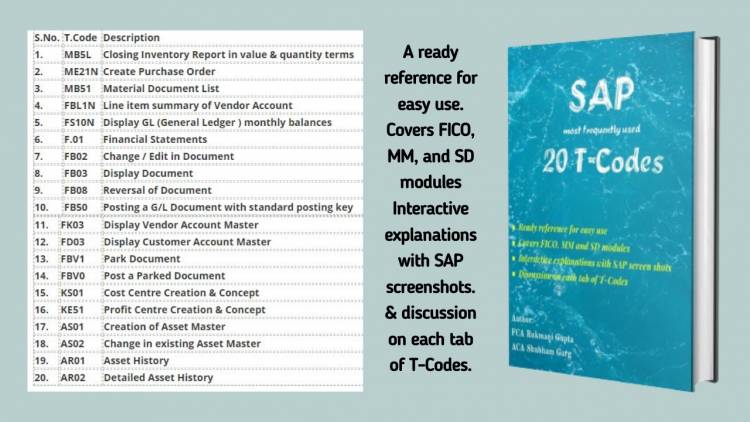Public Limited Company - Incorporation Procedure
Public Limited Company - Incorporation Procedure
According to the sub-section 71 of section 2 of the Companies Act, 2013, 'public company' means a company which is not a private company.
PRE-REQUISITES:
- It should have a minimum of 3 directors.
- Minimum numbers of shareholders required are 7. There is no maximum limit.
- Minimum paid up capital of INR 5 lakhs is mandatory.
- One of the directors should have a Digital Signature (DSC).
- There should be one resident director. Resident director means a director who stays in India for more than 182 days.
ADVANTAGES:
- Larger capital availability through share subscription.
- No restriction on transferability of shares.
- More options of borrowing.
- The liabilities of shareholders are limited.
PROCEDURE:
STEP 1: NAME RESERVATION:
- We have to apply for name through MCA Login -> “RUN” (Reserve Unique Name)
- It can be resubmitted once.
- The name should abide by the rules laid down by the MCA.
- In case of public company, the name should end with ‘limited’.
- The approved name is valid for 20 days.
STEP 2: SELECT THE 7 SHAREHOLDERS AND 3 DIRECTORS:
- 7 shareholders and 3 directors are the minimum criteria required to start a public limited company.
- So before proceeding with further steps we have to identify the above.
- Shareholders may be member, corporate, LLPs and such other forms. Whereas directors can be ONLY individuals.
STEP 3 : OBTAIN DIGITAL SIGNATURE (DSC):
- The application for incorporation of public companies is online.
- It is essential that the directors and shareholders sign the form digitally.
- If DSC is not available, the same has to be applied for. Photo ID and address proof are required as attachment in case of DSC application.
STEP 4 : GET DIRECTOR IDENTIFICATION NUMBER (DIN):
- DIN has to be obtained from Registrar of Companies (ROC).
- It is a unique number.
- The application of DIN has to be attested by professionals like Company Secretary or Chartered Accountant or Certified Management Accountant.
STEP 5: OTHER APPROVALS AND APPLICATION:
- The company has to submit approval from state or central government or any other regulatory body, as the case may be, to the ROC.
- The application for incorporation should be accompanied with MOA (Memorandum Of Association) and AOA (Articles Of Association).
- The company may apply for PAN and TAN concurrently with the application.
STEP 6: CERTIFICATE OF INCORPORATION:
- After thorough examination of the documents submitted, the ROC approves and issued Certificate of Incorporation.
- The company can commence its business upon receipt of the same.
- PAN of directors. If the director is a foreign national, then passport is required.
- Photo identity of the directors.
- Address proof of the directors.
- Authorization letter authorizing the director.
- Passport size photos.
- Electricity bill or telephone bill or mobile bill or bank statement which is not older than two months.
- If the registered office property is owned, then No Objection Certificate (NOC) from the owner. If it is rented, then lease deed or rent agreement.
To summarize the main features of a public limited company are:
- The minimum number of directors should be 3 and one of the directors should be a resident in India.
- The minimum number of shareholders should be 7 and there is no maximum number.
- The public limited company should comply with the compliances listed under the Companies Act 2013.
- In public limited company’s shares are freely transferable.
- The company has to comply with SEBI Regulations.
What is a Deemed Public Company?
“A company which is a subsidiary of a company, not being a private company, shall be deemed to be public company for the purposes of this Act even where such subsidiary company continues to be a private company in its articles”;
Once the private company becomes a subsidiary of a public company, it becomes a deemed public company.
In 2006, in case of Hillcrest Realty Sdn. Bhd v.Hotel Queen Road (P.) Ltd.2, the Company Law Board,Delhi Bench held at para. 36 that “all the provisions in the Articles to maintain the basic characteristics of a private company in terms of section 3(1)(iii) will continue to govern the affairs of the company even though it is a subsidiary of a public company”. It was held by the Delhi CLB Bench that the basic characteristics of a private company in terms of section 3(1)(iii) do not get altered just because it is a subsidiary of a public company in view of fiction in terms of section 3(1)(iv)(c) that it is a public company. It was further held by the Bench that it may be a public company in terms of other provisions of the Act but not with reference to its basic characteristics.
The deemed public company cannot transfer its shares, restricts the number of members and also they cannot invite the public to subscribe to their shares.
Even when the private company becomes a deemed public company the company retains the below features of a private company:
- The restrictions imposed by the article will be applicable.
- The name of the company may end with private limited.
- Limitation on the number of members.
 Download APP
Download APP









































